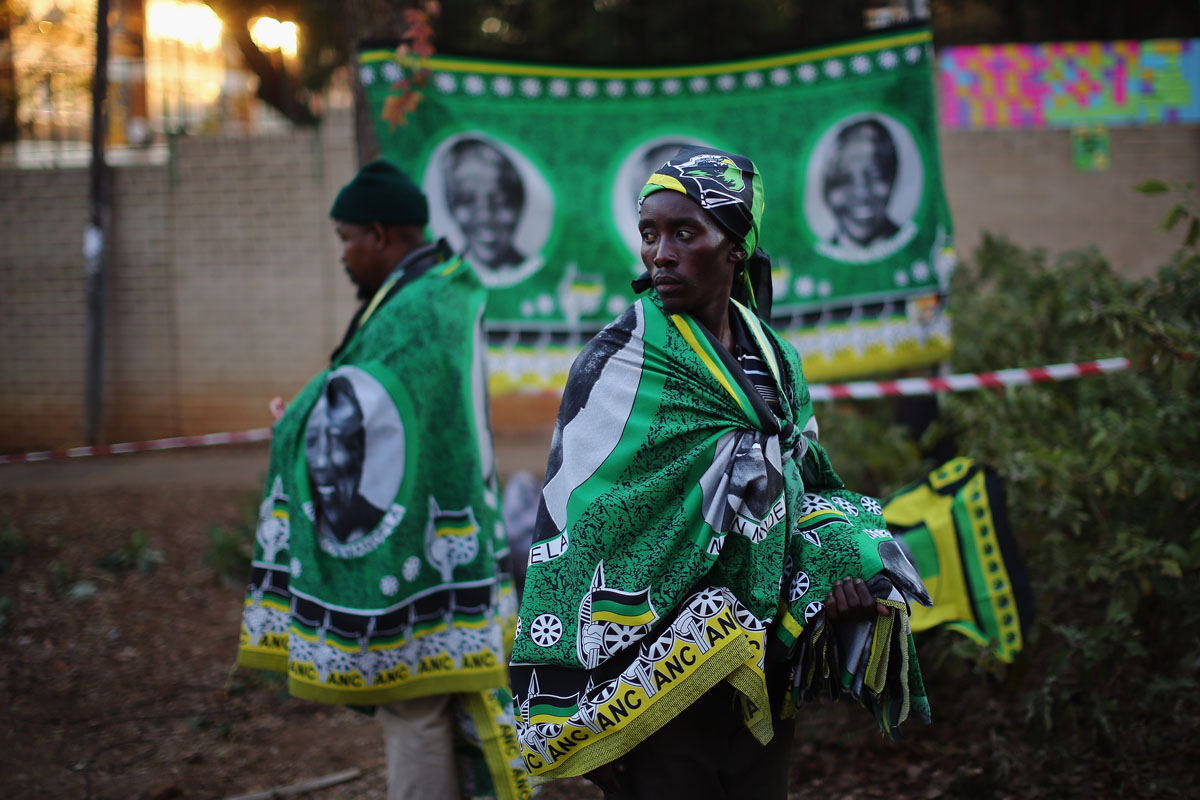
Since democracy came to South Africa with the dismantling of apartheid and the holding of the first all-race elections in 1994, the country has been utterly dominated by one party. South Africans owe a vast debt of gratitude to the African National Congress (ANC) for its long years of struggle against white rule. But that does not give the liberators a right to govern for ever. Like any political party, they should be judged by results. And owing to policy drift, cronyism and corruption, the results are not good.
Unemployment stands at 26.7%, by the government’s own reckoning; add in discouraged workers who no longer bother to register and the number is more like 35%. The economy shrank by an annualised 1.2% in the first quarter of this year, after growing by only 0.4% in the quarter before. South African bonds are rated one notch above junk, and a further downgrade is expected by the end of 2016. In the past year the rand has lost 15% of its value against the dollar.
Politically, the situation looks awful, too. In March the president, Jacob Zuma, was found guilty by the country’s highest court of having violated the constitution by refusing an order to pay back money he took from the state to build himself a private mansion. Corruption charges against him, dropped in 2009, are likely to be reinstated soon. Last year the president fired his respected finance minister, apparently because he had refused to sign off on a nuclear-power deal with Russia that Mr Zuma favoured. Rumours planted by the president’s cronies last month suggested that the current, also impressive, finance minister, Pravin Gordhan, faced imminent arrest (he has so far survived, but is weakened and consequently less likely to challenge Mr Zuma’s excesses).
Until the ANC faces a genuine threat at the ballot box, none of this is likely to change. It won 62% of the vote at the most recent general election, in 2014. Its nearest rival, the Democratic Alliance (DA), managed barely a third of that. Still, the ruling party is not as secure as it once was: a breakaway far-left group, the Economic Freedom Fighters (EFF), took a surprising 6%. And now the ANC faces what could be its toughest test yet (see article). Municipal elections are due on August 3rd. The DA has run Cape Town well and honestly for many years. It has high hopes of breaking out of that enclave and taking power in several other big cities. The greatest prize would be Johannesburg, the country’s commercial capital. That race may be beyond its reach, but others are not. If the DA can take, and make a good fist of running, a slate of municipalities, that will stand it in excellent stead at the 2019 general election.
Incremental reformers v revolutionary hucksters
To do so, it must overcome two obstacles. First, it must persuade black South Africans, who are 80% of the population, that it is not just a party for white and coloured (mixed-race) people. Here it has made progress: it is now led by a black politician and is the closest thing South Africa has to a post-racial party. Second, it must persuade voters that the best alternative to the ANC is the DA’s platform of incremental liberal reform, rather than the EFF’s wild promises of revolution, nationalisation and jobs for all. South Africa needs an opposition, but not one that sees Zimbabwe as a role model.

Leave a Reply